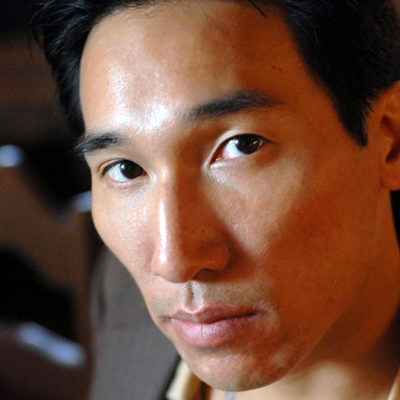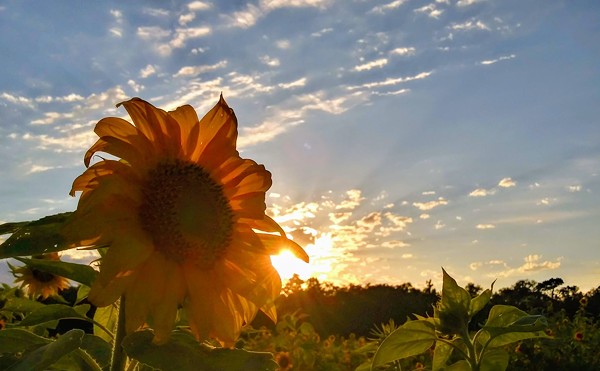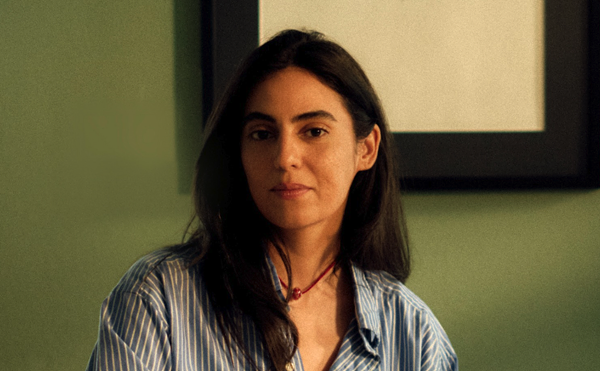Since 1927, Florida has been burdened by a dark stain in its state records, one which it inexplicably shares with Arkansas, Mississippi, Texas and Tennessee. I refer to our state bird, the dull and common Northern Mockingbird, a bird somehow chosen over dozens of superior candidates in Florida, a state renowned around the world for its wealth of bird life. I humbly propose that it is past time for a change that reflects our state’s beauty and diversity.
My nascent campaign is not the first attempt to anoint a new state bird for Florida. In the late 1990s, there were efforts, approved of by the Florida Audubon Society and begun by Brooksville’s Morton Elementary, to make the Florida scrub jay the new state bird. But a bill to make the move official failed. Some say it was because of complaints by Marion Hammer of the NRA that the scrub jay’s eating from human hands made it a lazy welfare bird, while also deriding the bird for eating eggs from other birds’ nests. A subsequent push to make the osprey (a bird chosen by a poll of Florida’s schoolchildren) the state bird has also failed thus far.
I believe that the state bird of Florida should be a well-rounded creature, so I have devised a fool-proof system to evaluate potential candidates. First, the bird should be distinctly Floridian and not be difficult to find. Secondly, in the swimsuit competition equivalent for this competition, the state bird should be beautiful. Crows are intelligent creatures, but nobody wants them for their state bird. Third, we will heed previous governmental concerns and consider the moral character of the potential state bird.
Needless to say, the mockingbird fails miserably in all of these categories. As noted before, the mockingbird is already a state bird for four other states, but it is also widespread throughout the southern and southeastern states, so it is hardly a symbol of Florida’s unique bird life. And in terms of appearance, the grey mockingbirds are a big bag of bland boredom. As for its morality, while Harper Lee may have praised the mockingbird as a symbol of innocence, the mockingbird is in fact quite aggressive. I have heard tales of their unprovoked attacks and you can easily find videos and accounts online that point to their recorded fury. In addition, while admittedly being intelligent birds and vocally skilled, they are shameful copycats. Get your own music, mockingbird! I wouldn’t go as far as to derisively write, as author Nicholas Lund did for Slate a few years ago, that mockingbirds are “garbage birds that eat dumpster trash,” but I hope you will agree that these are not the birds that we want to represent Florida.
There are certainly are a rich array of candidates to replace the mockingbird. But except for one special bird, they are all flawed. The aforementioned scrub jay, moral issues aside, is a beautiful bird, but it is only found in limited parts of central Florida, so it should be out as Floridians should be able to easily visit their state bird. The osprey is a cool bird, but it doesn’t necessarily stand out among its raptor brethren and its aggressive nature might turn some off. Sure, the school kids chose the osprey, but do you want children emulating predator birds?
Many would suggest the American flamingo, which is an iconic symbol of Florida and scores high in the looks department. But there has been long debate among bird experts as to whether these admittedly gorgeous creatures are truly native to Florida, used to reside here and were killed off (in which case, we don’t deserve the flamingo as our state bird), or are just frequent residents in our zoos.
My husband is a proponent of the soaring brown pelican as our state bird, but Louisiana took it first as their state bird. New Orleans has even adopted the pelicans for the name of its basketball team, which indicates a level of commitment to that bird that Florida just can’t compete with.
My candidate excels in all three categories and would be a shining star among the too-abundant mockingbirds, cardinals, and western meadowlarks that crowd the list of state birds nationwide.
It is the roseate spoonbill. This bird has beautiful pink feathers to rival those of the flamingo (indeed, both birds have similar diet which gives them their coloring) and which make it stand out amongst the many wading birds of Florida. And their namesake spooned bills give them a delightful quirkiness — who wouldn’t smile at the sight of a spoonbill? They can be found throughout most of the state, particularly along Florida’s shores. Finally, in terms of morality, one must admire the strong work ethic of the Spoonbill. No welfare birds these, as they can usually be seen in the waterways of Florida diligently searching for food for themselves and their families.
But making the spoonbill our state bird is not up to me. The public must make their voices heard! Write your local politicians and urge them to elevate the spoonbill. Tell them South Carolina has already gotten rid of the mockingbird and chosen a better one — do we want to be behind South Carolina in progress? If you are a teacher of cute schoolchildren, encourage them to make it their class project — politicians and the media eat that sort of thing up. The kids will love drawing pictures of the colorful spoonbill. With your help, the dull visage of the mockingbird as Florida’s state bird can be erased forever to be replaced by the glorious pink of the spoonbill!
Amy Katsouris lives in Largo and teaches World Religions at St. Petersburg College and the University of Tampa.

















